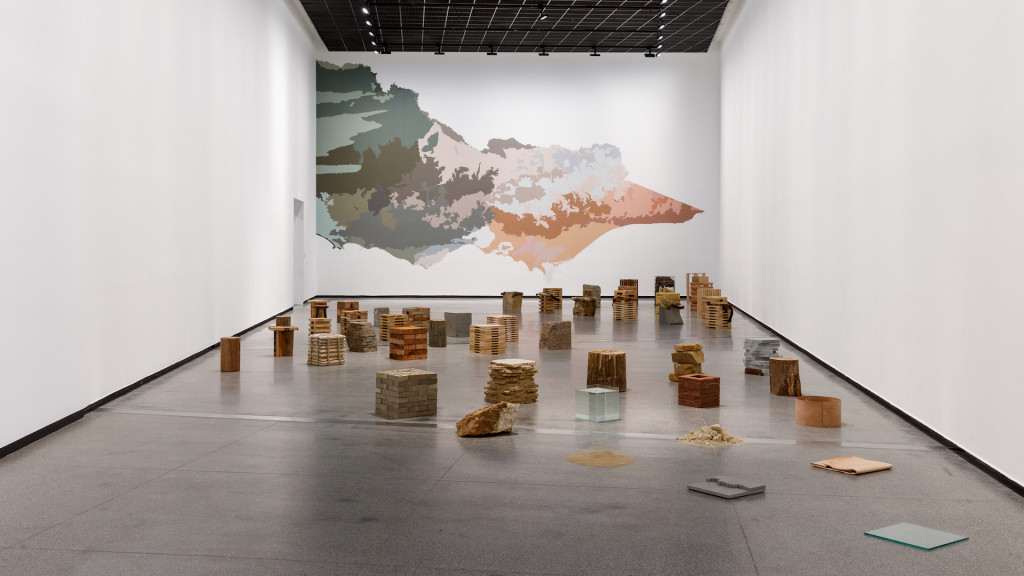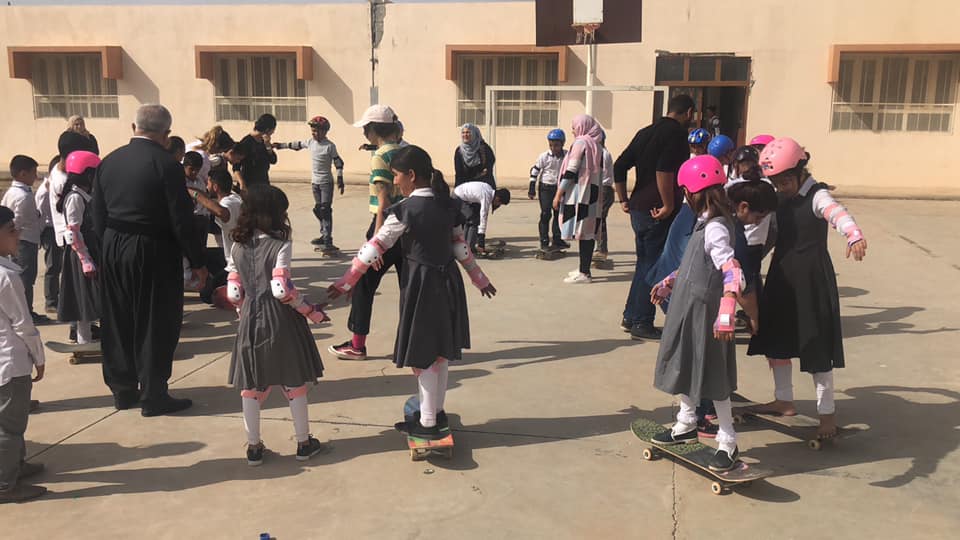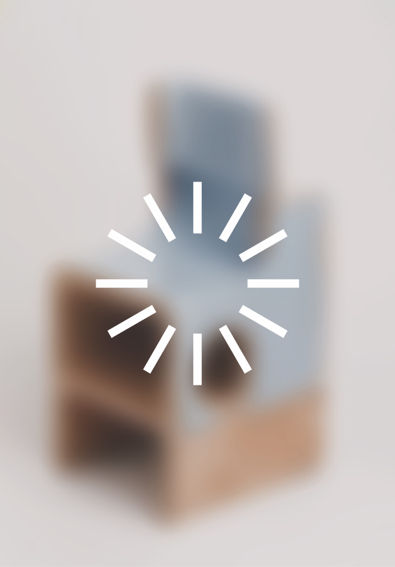Civic good: Designing beyond the individual
The past two years have forced us to reassess our understanding of togetherness. With the COVID-19 pandemic serving to deepen existing inequities, in the realm of design we must continue to ask: how can design and creativity transform society by benefiting everyone, rather than individuals? For Melbourne Design Week 2022, the theme of ‘civic good’ encourages us to think beyond the individual, and to look at the objects, buildings, designs and services that help people to feel part of a community and that serve the common interest.
Defending ‘publicness’
“I think the last few years have shown that we can’t take public space for granted,” says Rory Hyde, Associate Professor of Architecture at the University of Melbourne and a designer, curator and writer whose work focuses on new ways of designing for public good.
He’s also the co-curator of the Festival of Publicness, happening as part of Melbourne Design Week on Saturday 26 March. For one day only, this mini-festival brings together people and designers connected to the public realm – through art, architecture, landscape and urbanism – to reflect on ideas of public space, and our place within it. Speakers at the event include: Tiriki Onus, Bruce Pascoe, Sarah Lynn Rees, Kerstin Thompson, Maddison Miller and Hamish Lyon. “‘Publicness’ as a broad idea is something we really need to defend and continue to advocate for. Especially after it was essentially taken away for long periods over the past few years, we have to think differently now about how to reclaim that space,” says Rory.

The Festival of Publicness is conceived as a series of conversations as well as an audio guide exploring notions of publicness at the university. Festival co-curator Hannah Presley, an established curator who has a long history working with the Victorian Aboriginal Weaving Collective, says the event will also incorporate an Indigenous weaving workshop. The idea is that participants can learn to weave while engaging with the conversation, moving away from the traditional panel format. “Something we’ll also be discussing is how experiences of ‘publicness’ can be different for Indigenous peoples,” says Hannah. “Public spaces are important spaces, but they can also be dangerous for certain groups of people. If we’re going to talk about reclaiming public space, we also need to acknowledge and talk about this complicated layer.”
Skating for good
Later that day, a group of speakers will gather at MPavilion in Queen Victoria Gardens to discuss another form of reclaiming public space. Skateboarding has long worn the reputation of a rebellious subculture, but it’s also a lot more than that: it’s an avenue for social change. (Not to mention an official Olympic sport since 2020.)
Kirby Clark is an experiential designer, graphic designer, lecturer and die-hard skateboarder who founded the organisation Decks for Change in 2015. She believes that skateboarding can positively transform public space as well as the lives of the people who use it – particularly young people.
Since its inception, Decks for Change has raised thousands of dollars through art exhibitions and workshops to fund the creation of skateparks in under-resourced communities around the world. They’ve been involved in skatepark builds in Nepal, Iraqi Kurdistan and are currently working on a project in Dili, East Timor. A big part of the Decks for Change mission is teaming up with existing initiatives like Skateistan and Timor Skate. “We help with fundraising support, collecting gear, and channelling those things into whatever projects need our help,” says Kirby. “There are people and communities that know what they need more than we do. It’s just great to be able to help in whatever way we can.”

Recently, a Fitzroy skatepark design company approached Kirby to help gather perspectives from a diverse range of skaters about what would make them feel safe and included in the context of the skatepark. “When we talk about inclusive design in skateboarding, we’re talking about accessibility, but we’re also talking about the ways it can be a welcome and safe space for non-normative skaters, for people of all abilities, genders, sexualities and cultural backgrounds” says Kirby. “It means signage, so everyone knows what land they’re on. It means a range of shapes, colours and sizes of obstacles. It means the way things are laid out, so it’s not intimidating for newcomers to roll up to,” says Kirby. Then, she adds, there are basic elements like shade, sitting areas and proximity to public toilets. “But there’s no one-size-fits-all answer. It requires effort and consultation with a range of people in that specific local community – not just one narrow demographic of skaters.”
At MPavilion on March 26, Kirby will lead a discussion around design and social impact in the skate world. Joining her are Nicky Hayes, a proud Arrernte man and founder of Spinifex Skateboards, a First Nations skateboarding company supporting young people through Indigenous art, culture and skate workshops; Dr Indigo Willing, sociologist and co-author of the forthcoming book Skateboarding, Power and Change; and Wade Trevean, director of skatepark design practice Eastbywest and The Skatepark School.
“Bring your friends, everyone’s welcome,” says Kirby. “That’s the whole idea.”
For more information about the skateboarding talk Push, talk, coast to a better future, see the event page here. The talk is followed by a tape launch by Hoddle Skateboards and Skydiver Records. (See here.)
More information on the Festival of Publicness can be found here.
Latest Posts
20 April 2022
3 March 2022
25 February 2022
22 February 2022
18 February 2022
14 February 2022
